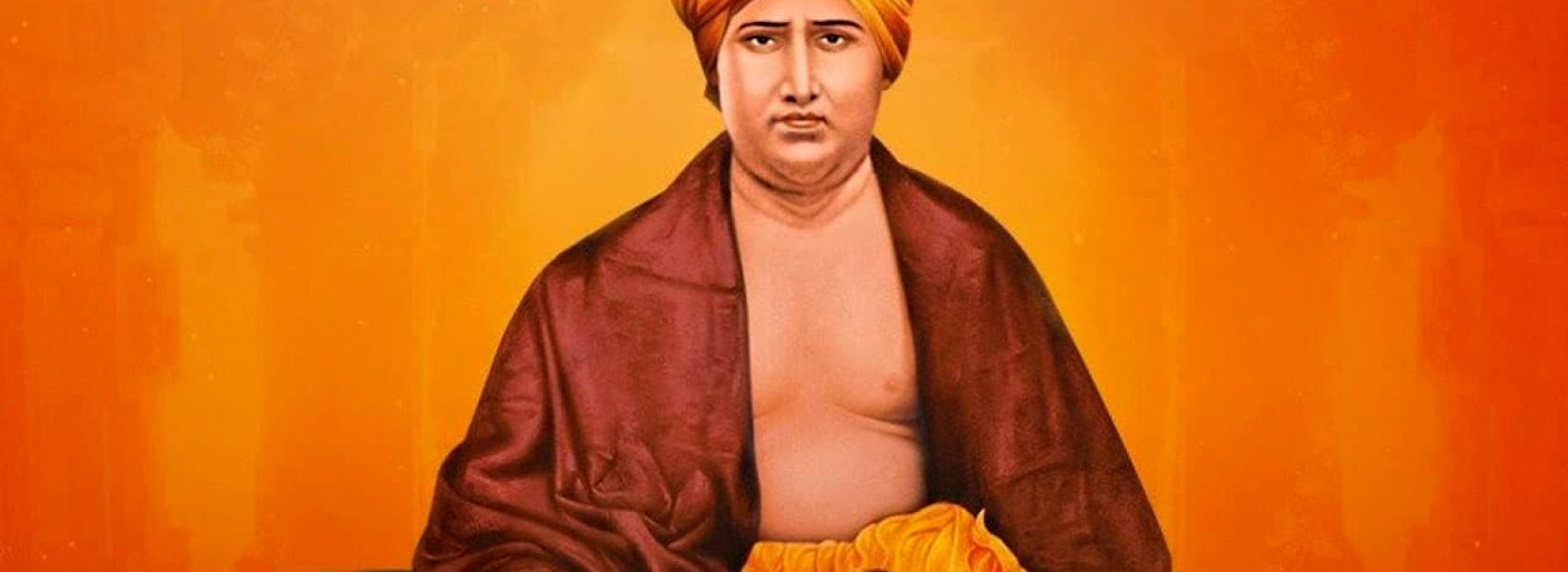
Why do we celebrate Maharshi Dayanand Saraswati Jayanti?
Maharshi Dayanand Jayanti, also known as Dayananda Jayanti, is the birth anniversary of the great Hindu saint and social reformer, Maharshi Dayanand Saraswati. He was born on the 10th day of the Hindu month of Magh (in January/February) in 1824, and therefore, his Jayanti is celebrated annually on this day.
Maharshi Dayanand Saraswati is considered one of the most influential figures in the history of modern India. He was a spiritual leader, philosopher, and educator who dedicated his life to the revival of Hinduism and promoting the values of truth, morality, and spirituality.
So, why do we celebrate Maharshi Dayanand Saraswati Jayanti?
The significance of Maharshi Dayanand Saraswati Jayanti lies in his contribution to Indian society. He was a strong advocate of women's rights and education, and his teachings inspired many to break away from the shackles of social and religious dogmas. He emphasized the importance of education, especially for women, and worked towards spreading education and knowledge in India.
He is the founder of the Arya Samaj, a Hindu reform movement, which aimed to promote the teachings of the Vedas and revive the ancient Hindu culture.
He also spoke out against the caste system and advocated for equal treatment and rights for all individuals, regardless of their caste, religion, or gender.
Maharshi Dayanand Saraswati's teachings have inspired many generations of Indians and continue to do so even today. His message of universal love, brotherhood, and unity still holds relevance in present-day society. On the occasion of his Jayanti, people offer prayers, perform havans, and engage in various social and cultural activities. His Jayanti is therefore a significant event that celebrates the life and teachings of one of India's greatest social reformers. It is an opportunity to remember his contributions and to reflect on his message of unity, equality, and morality.
What makes Maharishi Dayanand Saraswati's ideology so special?
Saraswati Ji was born as Mul Shankar to his father - Karshanji Lalji Kapadia and his mother Amrutbai. He spent his early years studying Sanskrit and Vedas. However, the untimely demise of his uncle and sister made him ponder over the meaning of life and death.
He revolted against the idea of teenage marriage and ran away from home in 1846. He spent the next two decades as a wandering ascetic to get a better perspective on life.
Maharishi Dayanand Saraswati is today regarded as the maker of modern India. He devoted his life to the political, religious and cultural growth of the nation. He took Hinduism to its Vedic roots and refute the unnecessary rituals associated with the cause.
He believed that all actions must be performed with the prime objective of benefitting mankind. He revitalizes Vedic knowledge and bought a new perspective through his books like - Sanskar Vidhi, Bhasyya-Bhoomika, etc. His principles of Arya Samaj are also based on these concepts. The first few focus on truth and others on co-living, civics, etc. He also opposed the prevalent social evils like animal sacrifice, child marriage, idol worship, discrimination against women, etc.
He also urged people to avoid practising polytheism, untouchability, forced widowhood, etc.
A true patriot who dared to raise his voice against social evils
Maharishi Dayanand Saraswati was a remarkable patriot, educationist and reformer. His vision has led to the development of educational institutions and religious organizations working towards the cause of education growth, female emancipation, etc.
He asserted that Vedas are the true vault of knowledge and his efforts helped boosted the faith in these. His clarion call of return following the Vedas has been a harbinger of social change.
A visionary leader and social reformer
His principles of transformation have delivered vital administration of Hindu society and he raised his voice against the conditioning frameworks. His farsighted approach towards society and social reforms ensured that the prevailing practices and other evils against women were abolished. His instructive foundations have formed the base for safeguarding the core Hindu values and beliefs.
Tags:
Posted In: